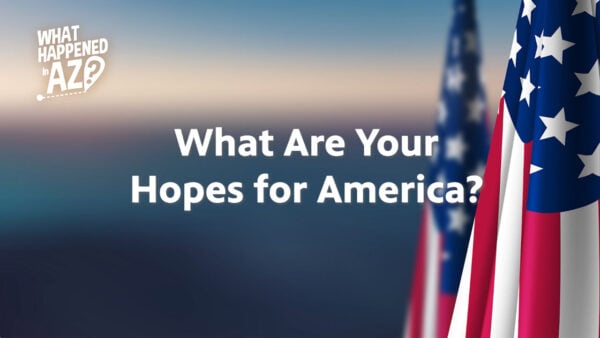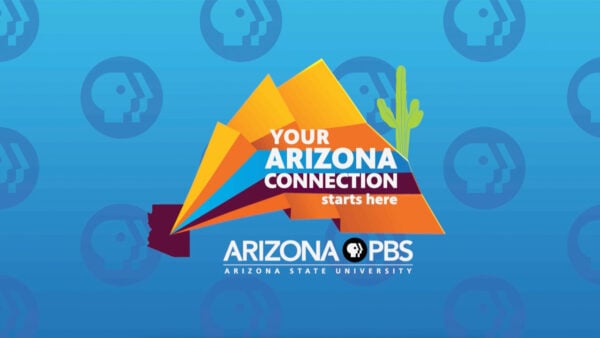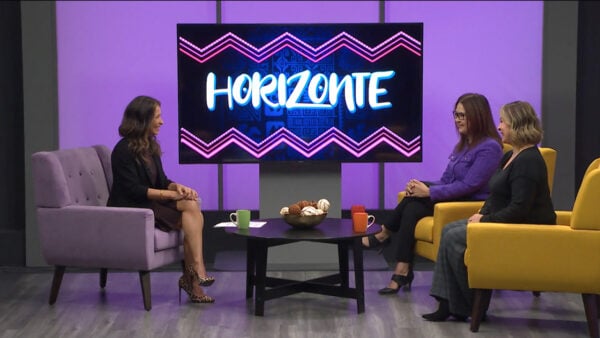Aliento illuminates difficulties faced by students with no DACA protection
March 23, 2024
The Deferred Action for Childhood Arrivals (DACA) program was created to protect from deportation those brought into the country illegally as children. The DACA program was struck another blow last year as a federal judge ruled against the Obama-era program. As a result, the situation for DACA recipients, sometimes known as “Dreamers,” has grown more unpredictable.
Now, the average age of a DACA recipient is 29, with current students in the country without proper documentation having no protection from deportation.
This demographic reality highlights the protracted state of uncertainty and insecurity experienced by people who have established their lives in the U.S. but do not possess the necessary legal papers. The situation of children who are enrolled in schools around the country but do not have access to the DACA protection shield is concerning. Without this protection, deportation is a real possibility for many, endangering not just their academic goals but also their personal and professional ambitions.
We spoke with Mario Montoya, a research analyst and coalition consultant for Aliento, a Phoenix-based advocacy group supporting DACA participants, to help illuminate the difficulties faced by undocumented students.
Montoya addressed the vulnerable circumstances faced by students without DACA protection in the present political and legal environment.
“There’s currently a lawsuit in Texas that they filed, and what occurred, they are challenging the legality of the program. When Biden came into the presidency, he tried to address some of those legal concerns by fixing some of the administration issues. When he did that, the Fifth Circuit Court of Appeals decided to send it back to the Texas judge, and he recently decided on it, saying the program is unlawful,” Montoya said.
“The decision of DACA affects us here at the state level in many ways,” Montoya said. “To begin with, we have about 22,000 DACA recipients here in our state. About 85% of those DACA recipients are currently in our labor force. So if this program will be coming to an end, these are a lot of your co-workers that you’re going to be losing, right? People are going to be without jobs.”























